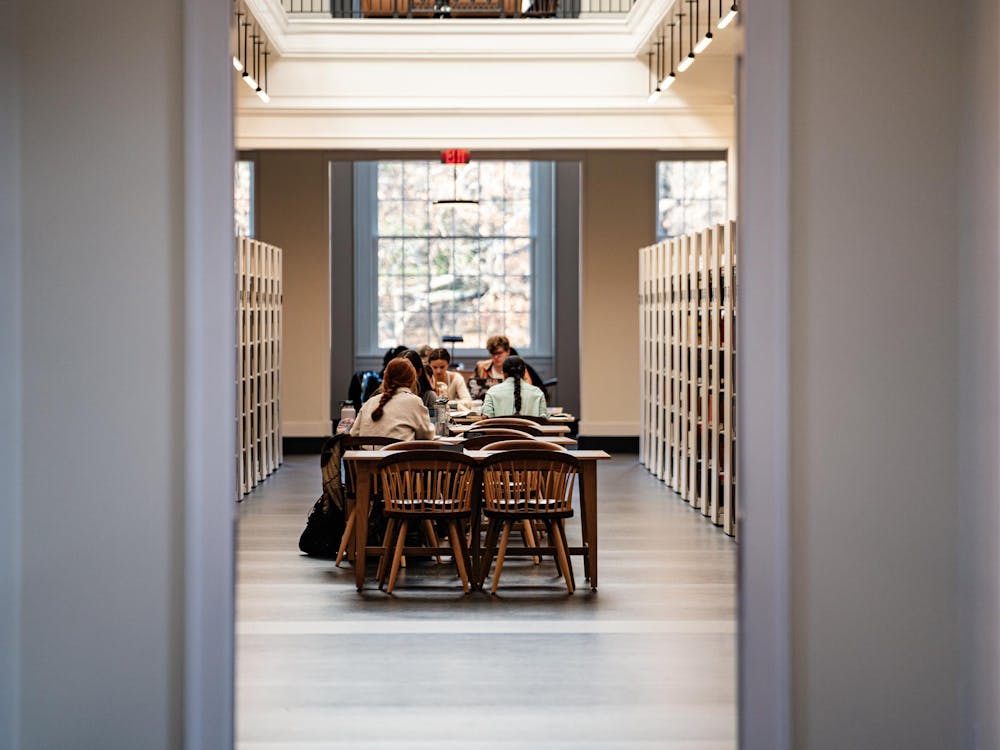As the admissions process for the Class of 2018 begins, attention has been drawn to how applicants’ social media interactions may reflect on their eligibility for admission.
About 31 percent of admission officers check social media sites of potential applicants, according to a recent New York Times article. But the University admissions officers’ use of social media is not this high, Senior Assistant Admissions Dean Jeannine Lalonde said.
“We get so many different perspectives on the applicant,” Lalone said. “I don’t feel the need to go out and search for extra. There’s enough in that file to make a good decision about a student.”
Dean of Admissions Gregory Roberts echoed Lalonde’s sentiments.
“We don’t feel like it’s our job to be detectives and try to delve into everyone’s personal life,” Roberts said.
The only time when an applicant’s social media presence may become relevant, Lalonde said, is if something in the application leads the officer to a profile, if there is lacking information on the applicant’s school, or if something looks “too good to be true.”
In general, it is very rare that an applicant’s social media presence will impact their chance of admissions, Roberts said.
“In one instance, it led us to find a bit of information in the application that was not true,” he said. “If there is an issue brought to our attention, we follow up. We wouldn’t make a decision based on a random Facebook page.”
Even if the process of combing through social media sites is rare, Lalonde still encouraged students to exercise caution in their social media habits, especially the use of hashtags.
“I don’t think they always realize how many folks are watching that hashtag,” she said. “Make sure if you tag it with U.Va. you really want everyone at U.Va. to have access to that.”




